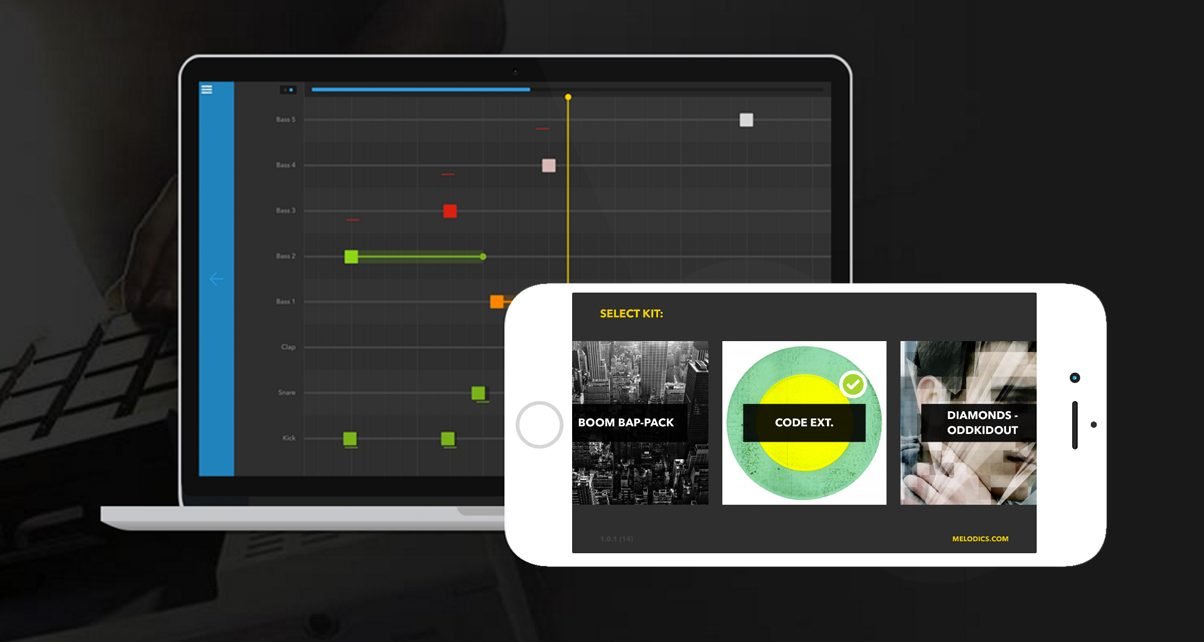
US accelerator 500 Startups, New Zealand investment funds Tuhua Ventures and K1W1 and founder of music gaming studio Harmonix Alex Rigopulos all contributed to the investment.
Ableton, who led Melodic’s angel round, also provided more capital for this round of investment.
“We’re excited to have a partner on board that provides us not only capital, but also strategic experience and knowledge that can really open doors. We know they’ll be an amazing partner for the path ahead,” Gribben says.
As well as this, Ableton director of communications Chris Woods and Paul Shingles, CCO of Timely and formerly COO of PushPay, have both joined Melodic’s board.
“Chris and Paul bring a wealth of knowledge in the worlds of SaaS and music technology which will stand us in good stead for the next phase,” Gribben says.

The investment round gives the company the capital injection it needed to expand into other instruments outside of pad drums, he said.
Melodics was founded in 2015 and uses technology to take musicians through step-by-step lessons on how to use instruments, such as pad drums. It’s described as ‘part game, part music-making software’. Pad drumming, also known as finger drumming or cue drumming, is when drum samples are triggered by hand from an electronic device.
When it was launched, Gribben said inspiration came from his own experiences trying to learn an instrument via YouTube.
“I was just learning for myself off YouTube. YouTube is amazing. There are now millions of user-lessons on YouTube. ‘Lesson’ as a keyword alone is in the top of the result, but learning from YouTube is so limited. You can watch it, pause it and rewind it. I just thought ‘wouldn’t it be good if I could plug my instrument into YouTube and it could give me feedback?’
“The other thing that was happening was all this cool stuff with gamification, like Nike’s FuelBand. It gives you a target and a status report, and you can compete with your friends. There’s another one called duolingo too that’s been a big influence for us. Now the techniques that those products use to motive people to work, they’ve been proven, so I just thought ‘why not apply that to music?’”

The company has since grown to having nine staff spread across New Zealand, Berlin and the US and more than 100,000 users. While pad drums have been its specialty, it recently expanded into electronic drums.
Electronic drums are like a regular drum kit, but they have an adjustable volume to better control the noise made in environments such as the home.
Sales for electronic drums have been skyrocketing and are now faster than traditional acoustic drums, with over US$100 million spent on them worldwide every year.
“Drummers often use electronic kits to play traditional genres, but more and more we’re seeing them used with modern styles of music,” Gribben says.
“Until now though, the teaching methods have lagged far behind. It’s been really hard to learn to play styles like trap, footwork and future beats. Melodics is music education, but with tracks that you actually want to play.”



